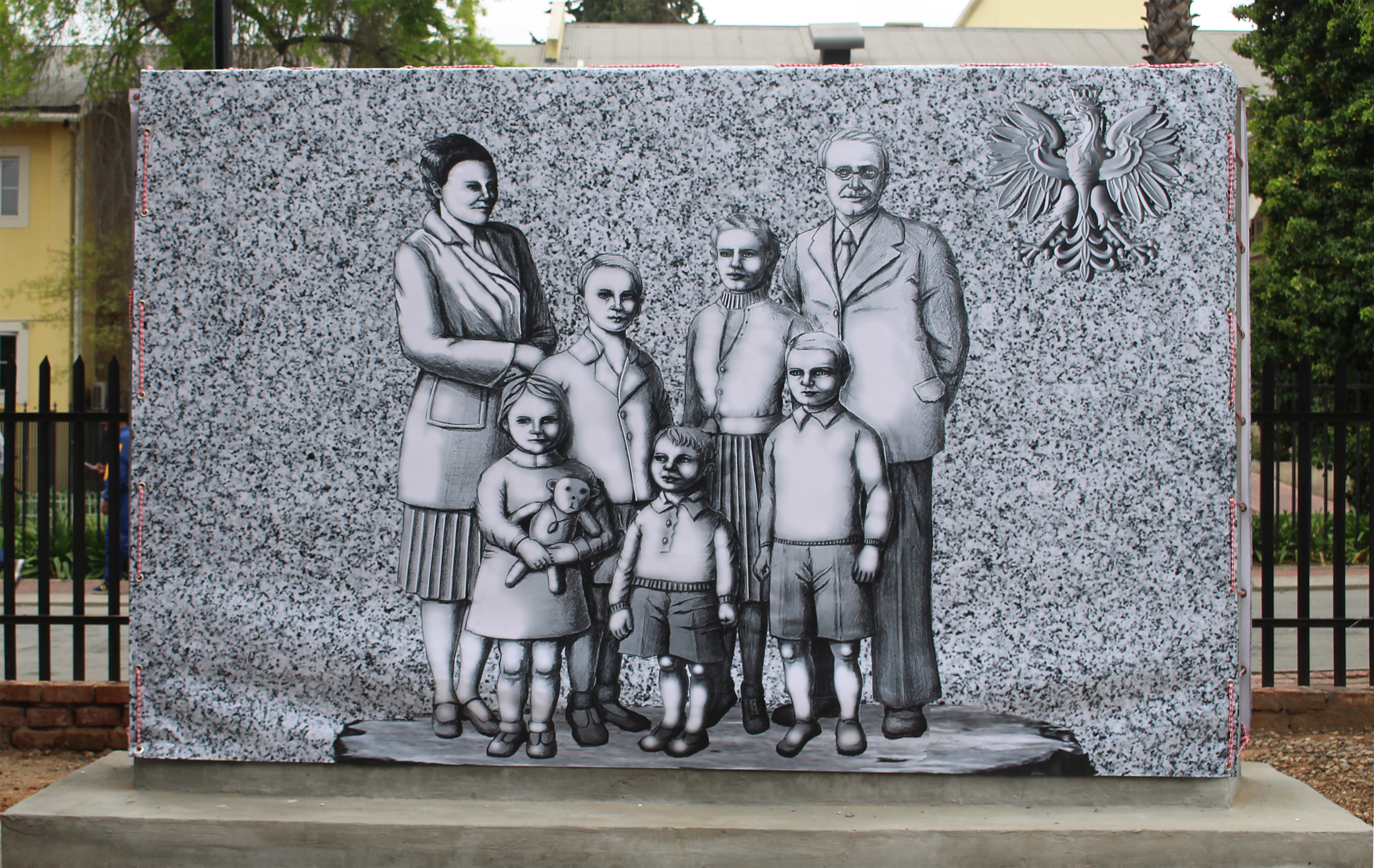Commemorations of the 80th anniversary of the arrival of Polish refugees in South Africa
25.09.2023
To mark the 80th anniversary of the arrival to the Union of South Africa (now South Africa) of a group of 500 Polish children who managed to escape from Siberian labour camps, solemn commemorations were held in Oudtshoorn on September 22-24, 2023. The event was organized by the Polish Association of Siberian Deportees of South Africa in cooperation with the Embassy of the Republic of Poland in Pretoria, the CP Nel Museum and the South African Infantry School.

The invited guests included "Oudtshoorniacy" - seniors with their families, descendants of Polish refugees in Oudtshoorn who came from all over the world to take part in the celebrations, representatives of local and municipal authorities, academic, business and opinion-forming communities, representatives of Polish associations in South Africa , the Embassy of the Republic of Poland in Pretoria, including the Ambassador of the Republic of Poland Adam Burakowski and the Consul of the Republic of Poland Robert Rusiecki, the media, as well as representatives of the South African Infantry College.
The most important participants of the event were "Oudtshoorniacy": Stanisława Doncer, Feliks Vaskys, Robert Magda, Józef Wisz-Lisowski and Sławomir Sadowski, who came to Oudtshoorn 80 years ago in a group of 500 Polish children. Today, surrounded by their children and grandchildren, as well as other participants of the celebrations, they recalled the time spent in Oudtshoorn, renewed old friendships, and thanks to the kindness of the South African Infantry College, they were able to return once again to the camp where they spent five years of their lives, look at the buildings where they lived, take a walk along the alleys, go back to the past for a moment. It was a very moving visit for everyone.
On Sunday, September 24, 2023, the main celebrations were held to commemorate the 80th anniversary of the arrival of Polish children and their guardians to the Union of South Africa. In the St. Saviour's Cathedral, the Holy Mass was celebrated by Bishop Noel Rucastle and Fathers Steven Scheepers and Quiwin Thomas. In his sermon, Bishop Rucastle referred to the times of World War II and Polish refugees in Oudtshoorn. After the service, the participants went to the Chapel of the "Black Madonna", where there is a Polish section with the memorabilia from 1943-1947, memories of the Polish children and their guardians in Oudtshoorn. The chapel also contains stained glass windows donated by the Polish community in South Africa, which are part of the Polish-South African historical project, which aims to search for and immortalize historical ties between Poland and South Africa.
The next point of Sunday's celebrations was the unveiling of a memorial dedicated to the "Oudtshoorniaks" - Polish refugees in Oudtshoorn - located on the premises of the CP Nel Museum. The ceremony was moderated by Tatiana Salomon, the 80th Celebrations and Memorial Project Manager. The Mayor of Oudtshoorn, Chris McPherson, gave a short welcome speech. Then, the President of the Polish Association of Siberian Deportees of South Africa, Stefan Szewczuk, spoke. He thanked them for their support in preparing the celebrations and erecting a memorial commemorating the 80th anniversary of the arrival of Polish children and their guardians to the Union of South Africa.
Ambassador of the Republic of Poland Adam Burakowski delivered an occasional speech in which he presented the historical background of the events from 80 years ago, talked about the outbreak of World War II, the Katyn Massacre, mass deportations of Polish citizens from the areas occupied by the USSR, and their dramatic fate. He devoted a lot of attention to the "Oudtshoorniaks" and the person of the Polish consul Stanisław Łepkowski, thanks to whose efforts, the government of the Union of South Africa decided to accept Polish refugees. Consul Łepkowski and his wife Zofia Łepkowska took care of the children throughout the camp's operation and, together with the Polish Government in Exile, financially supported the orphanage.
Ambassador Adam Burakowski presented the Polish flag to the Mayor of Oudtshoorn, Chris McPherson. The Polish flag will be permanently displayed in front of the CP Nel Museum, where the monument was erected and where in the exhibition halls there is a Polish section with documents, photos and memorabilia from the times of Polish refugees in Oudtshoorn. Participants of the event laid wreaths and flowers at the monument in tribute to Polish refugees.
After the official part, there was a meeting of "Oudtshoorniacy", descendants of Polish refugees, local authorities, representatives of the Polish community and Polish community associations, the Polish Embassy in Pretoria and everyone associated with the initiative to erect the memorial. Ambassador Adam Kanthak and the Minister of Culture and Sports of the Western Cape Province, Anroux Johanna Marais, spoke. The Minister talked about the arrival of Polish refugees to Oudtshoorn, the warm welcome of Polish children by the Oudtshoorn community, as well as the contribution that Poles made to building a country that welcomed them and gave them a chance for a better life. Summing up her speech, Minister Marais emphasized the importance of supporting the defenseless, as important 80 years ago as it is now, especially now in the face of Russian aggression in Ukraine. She also emphasized that war is never a solution, only destruction and suffering of innocent people.
Origin of the arrival of Polish refugees in Oudtshoorn:
After the aggression on the territory of the Second Polish Republic, which took place on September 17, 1939, the Soviet authorities began mass deportations of Poles to Siberia. The first of four mass deportations of Polish citizens was carried out by the Soviet authorities on February 10, 1940. It is estimated that a total of approximately 340,000 - 1.3 million people were deported. As a result of the signing of the Sikorski-Mayski Agreement on July 30, 1941, which concerned the resumption of Polish-Soviet diplomatic relations and the establishment of the Polish army in the USSR, as well as result of the evacuation of General Anders' army from the USSR in 1942, several dozen thousand civilians, including several thousand children went to Iran. Some of them died as a result of diseases and difficult living conditions in the USSR. The Polish Government in Exile appealed to the League of Nations to help the evacuated children. India, Lebanon, Mexico, New Zealand and the Union of South Africa (now South Africa) responded to the appeal.
In April 1943, after a difficult travel, lasting many months, a group of Polish refugees, 500 children and 59 caregivers, victims of Soviet deportations, reached the Union of South Africa at the invitation of the Prime Minister of the Union, Field Marshal, Jan Smuts. Polish refugees were warmly welcomed by the local population. A camp was established in the town of Oudtshoorn, where Polish refugees created their "little Poland". The children were accommodated in buildings within the military camp. A Polish school was established there. Polish children who found the refuge in the camp and after its closure in 1947 decided to stay in the Union of South Africa, actively contributed to the construction of this country, had an impact on social life and its development in every aspect. They are the foundations of the Polish community in South Africa, which today we estimate at 10-15 thousand citizens. The "Oudtshoorniacy" left behind a certain legacy, the commemoration of which is our common good and duty.
Photos: Witold Jakutowicz/Polish Association in Cape Town; Grażyna Koornhof/Embassy of the Republic of Poland in Pretoria; SA Infantry School in Oudtshoorn
Photos (23)
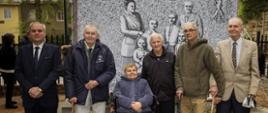 Display photo 2 in the gallery.
Display photo 2 in the gallery.
 Display photo 3 in the gallery.
Display photo 3 in the gallery.
 Display photo 4 in the gallery.
Display photo 4 in the gallery.
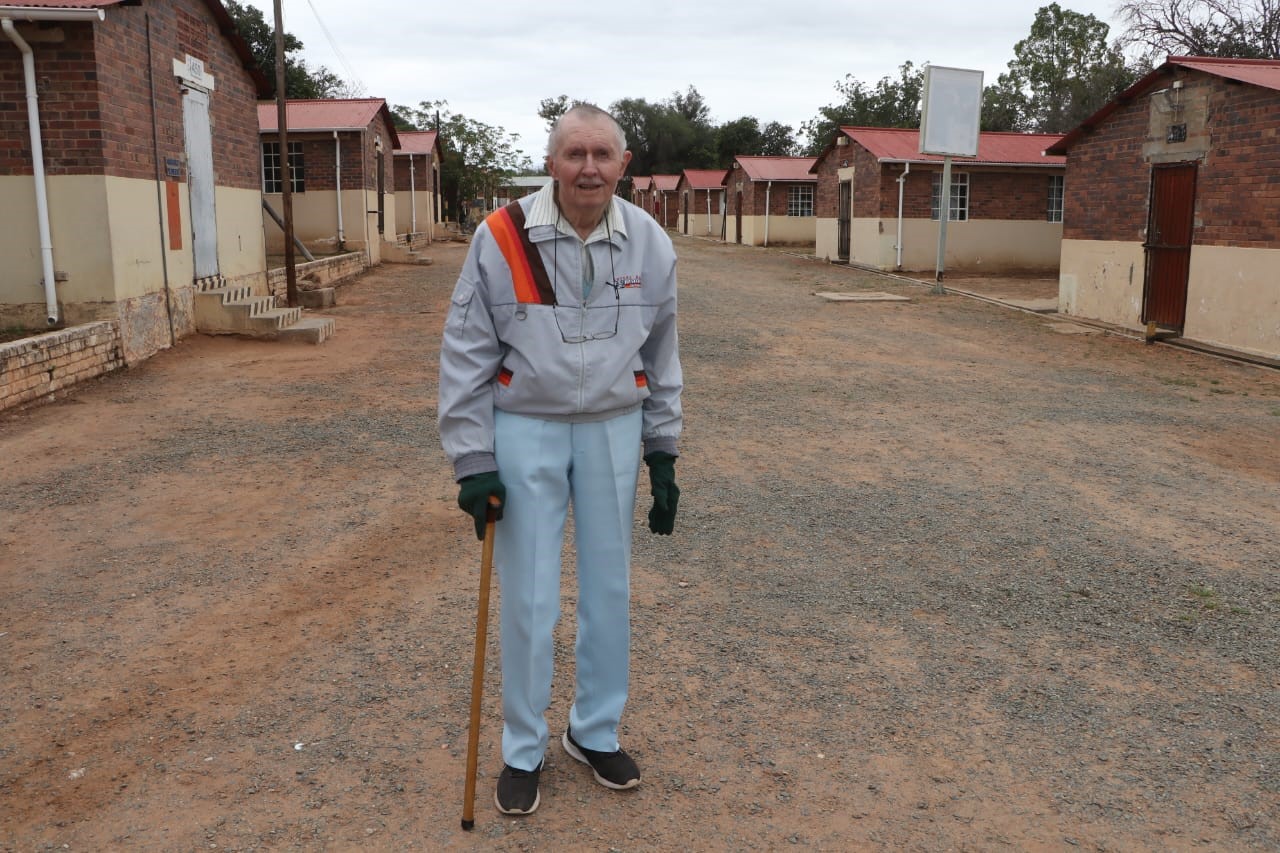 Display photo 5 in the gallery.
Display photo 5 in the gallery.
 Display photo 6 in the gallery.
Display photo 6 in the gallery.
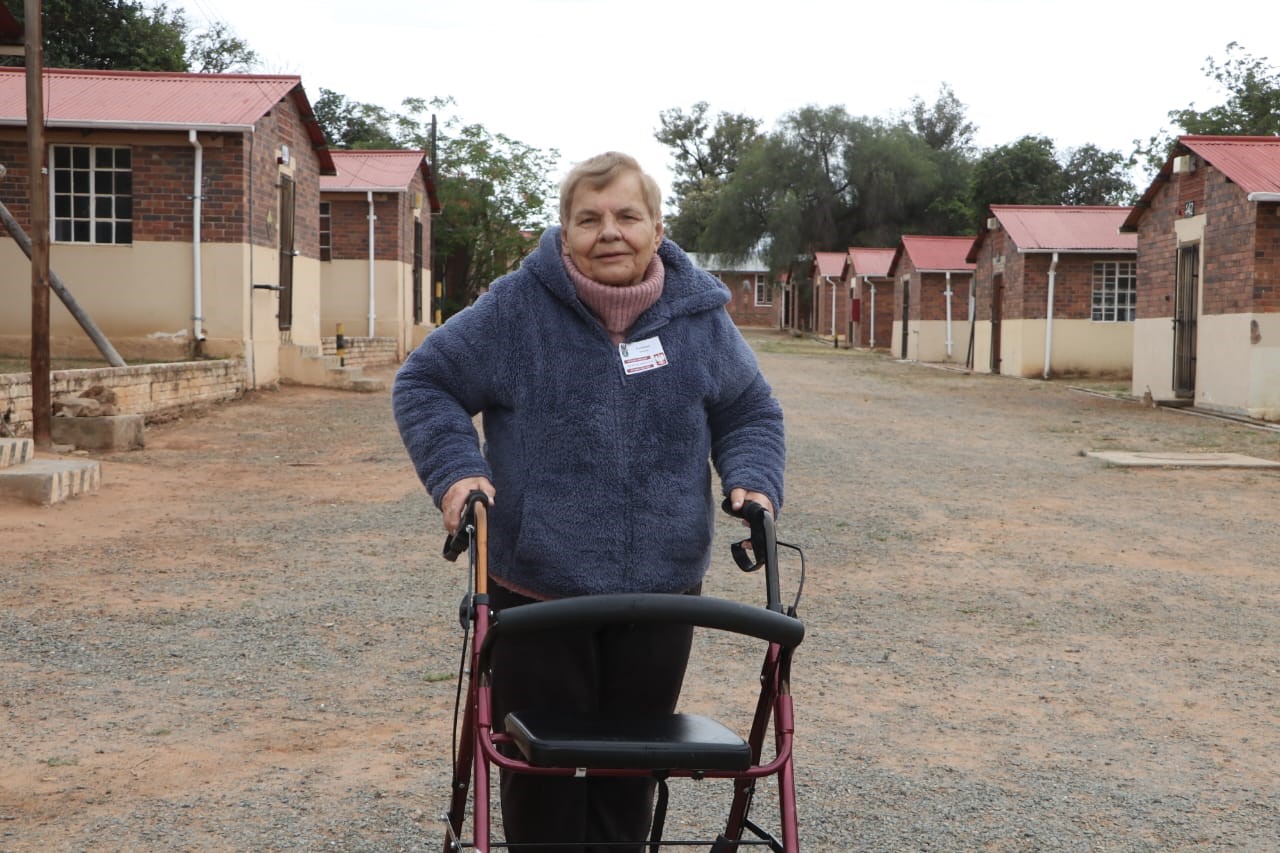 Display photo 7 in the gallery.
Display photo 7 in the gallery.
 Display photo 8 in the gallery.
Display photo 8 in the gallery.
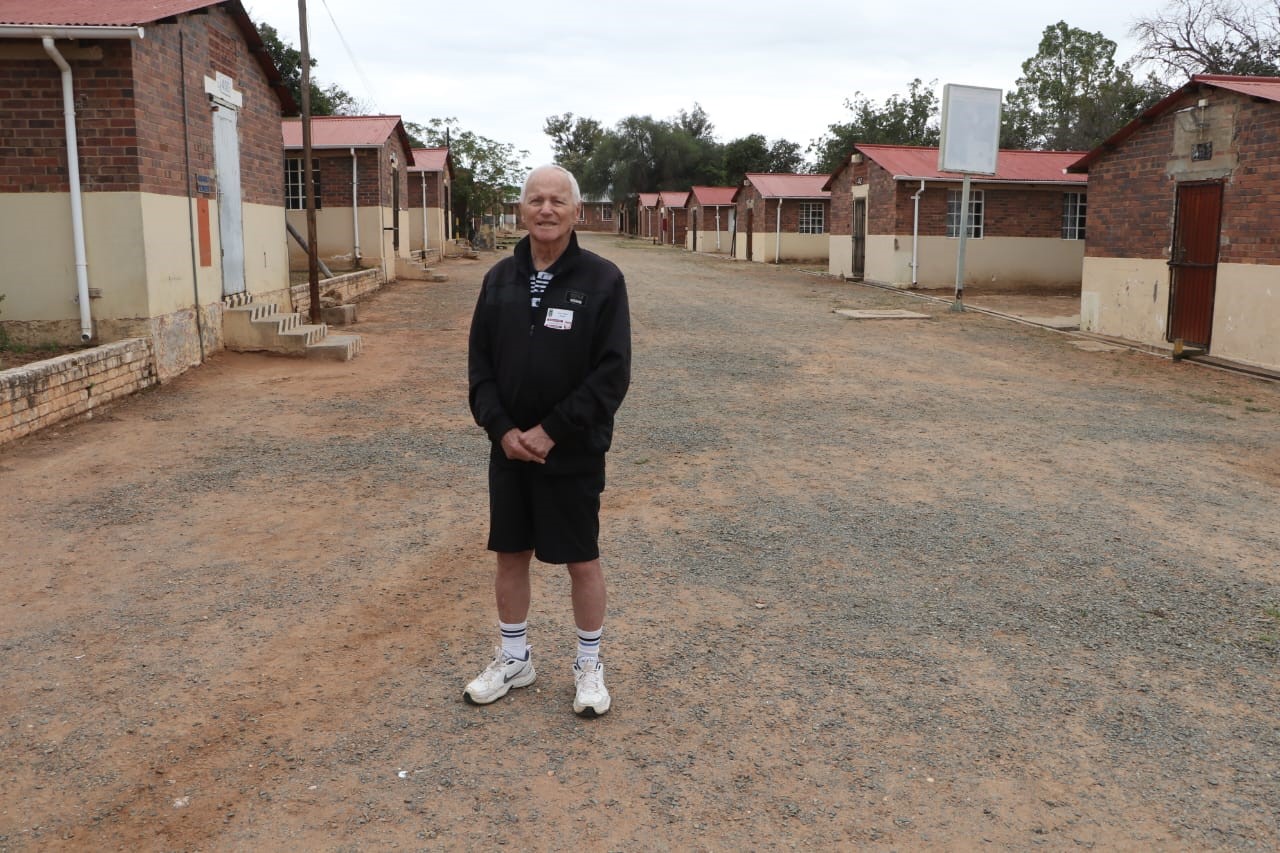 Display photo 9 in the gallery.
Display photo 9 in the gallery.
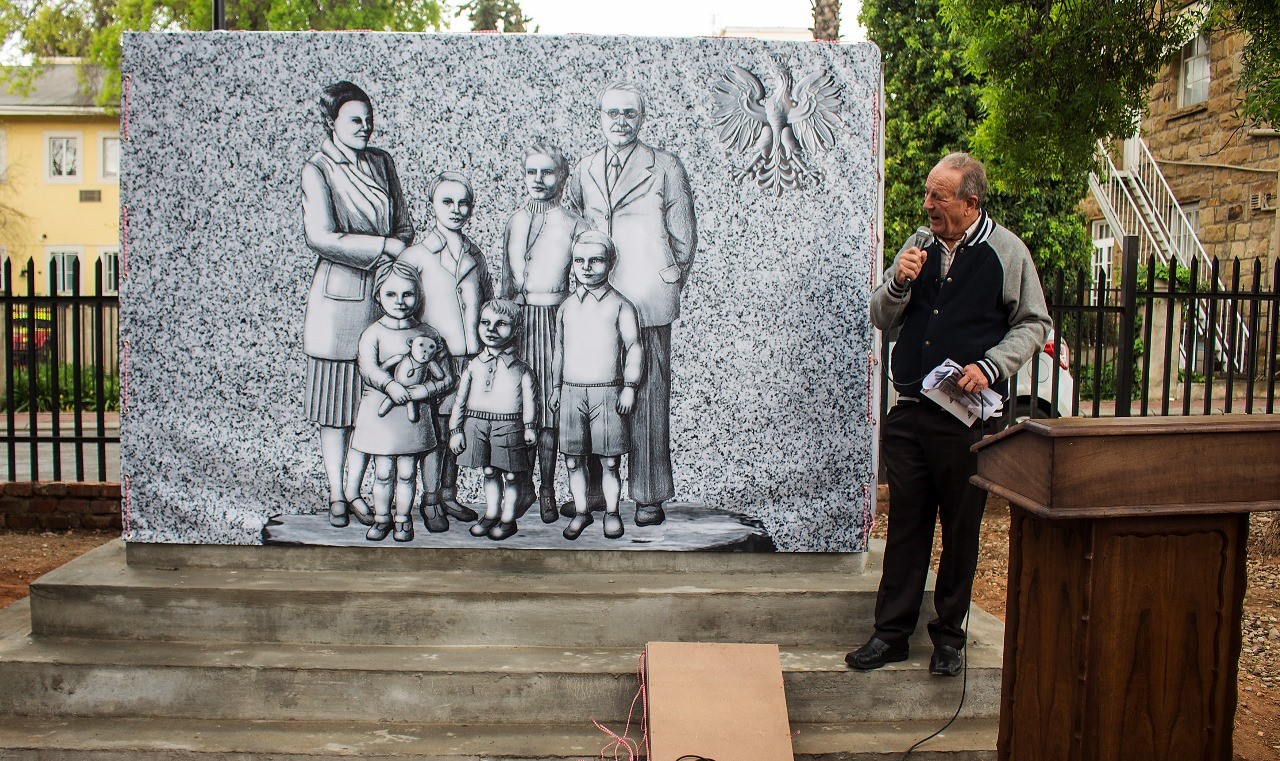 Display photo 10 in the gallery.
Display photo 10 in the gallery.
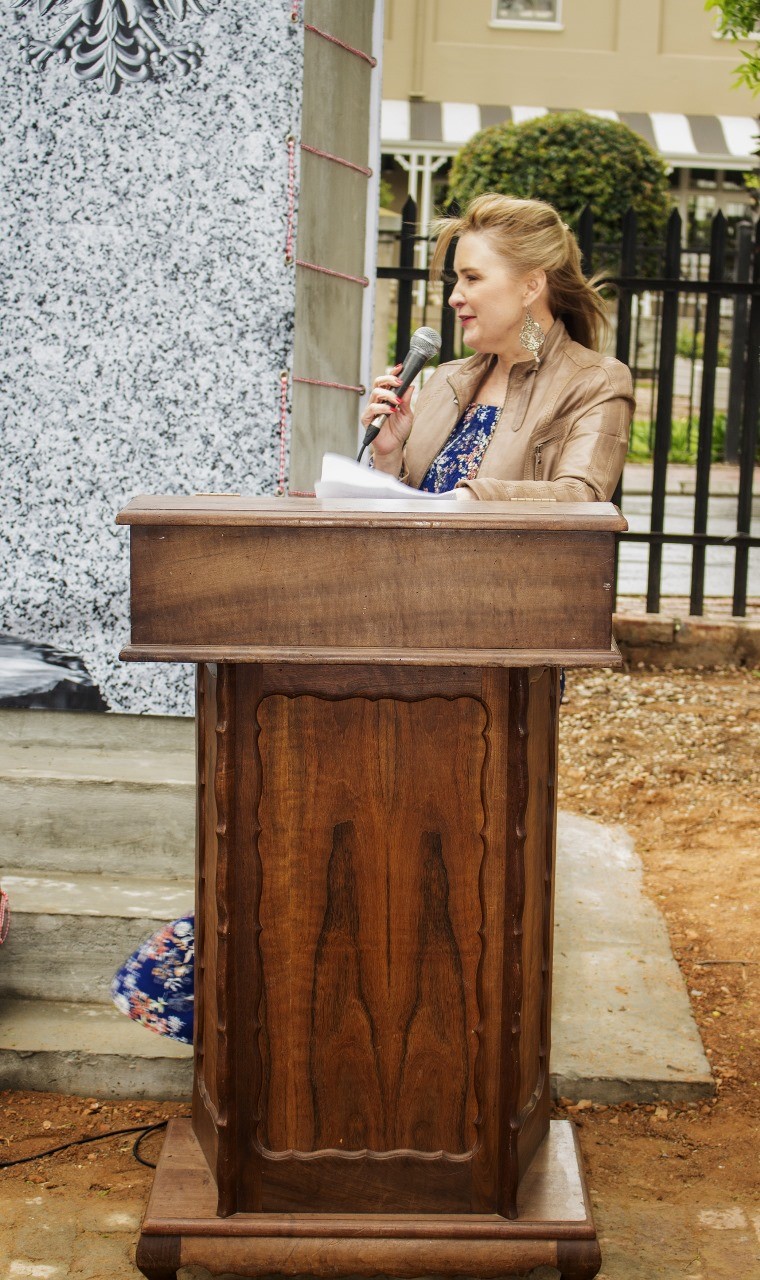 Display photo 11 in the gallery.
Display photo 11 in the gallery.
 Display photo 12 in the gallery.
Display photo 12 in the gallery.
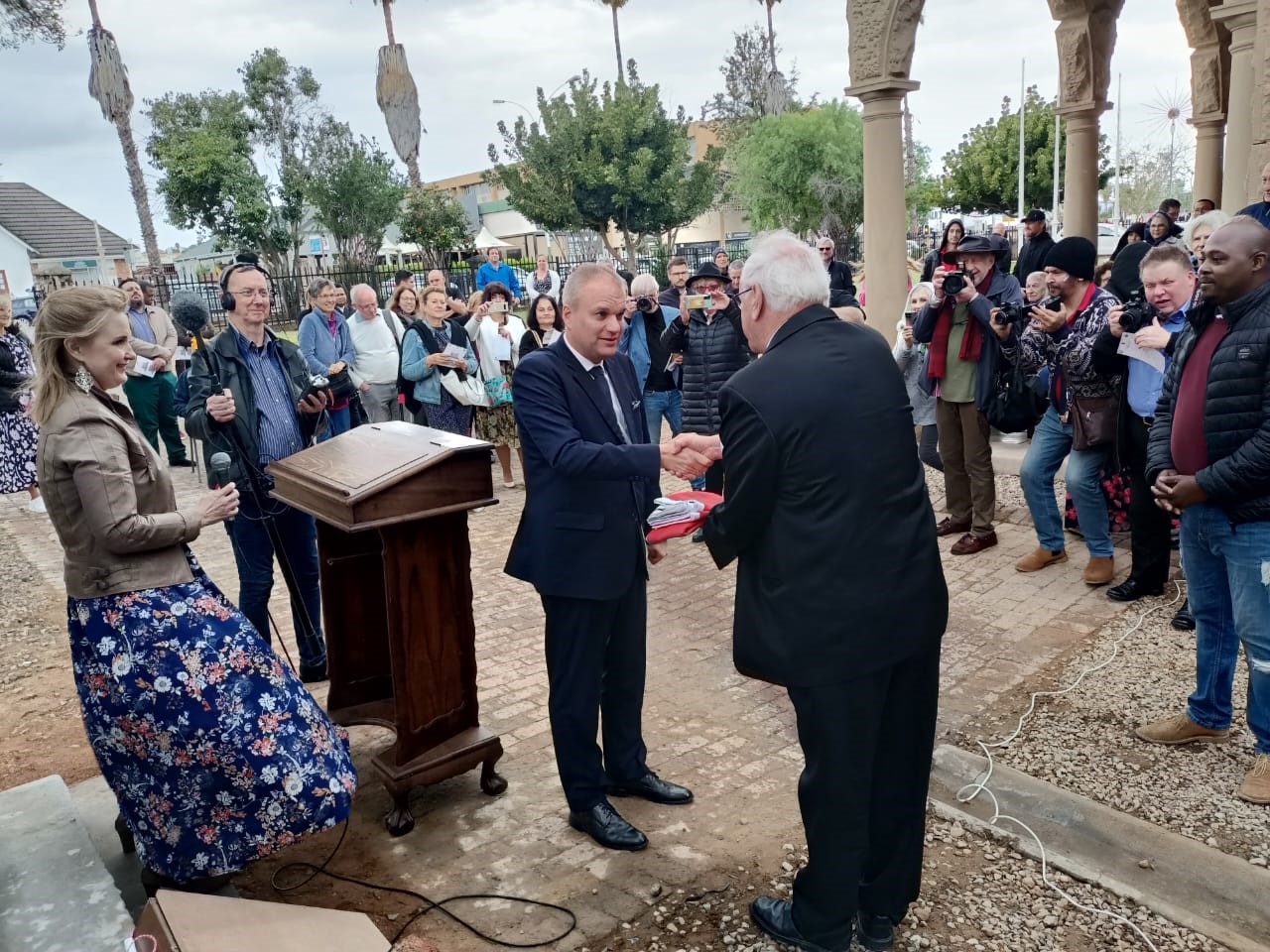 Display photo 13 in the gallery.
Display photo 13 in the gallery.
 Display photo 14 in the gallery.
Display photo 14 in the gallery.
 Display photo 15 in the gallery.
Display photo 15 in the gallery.
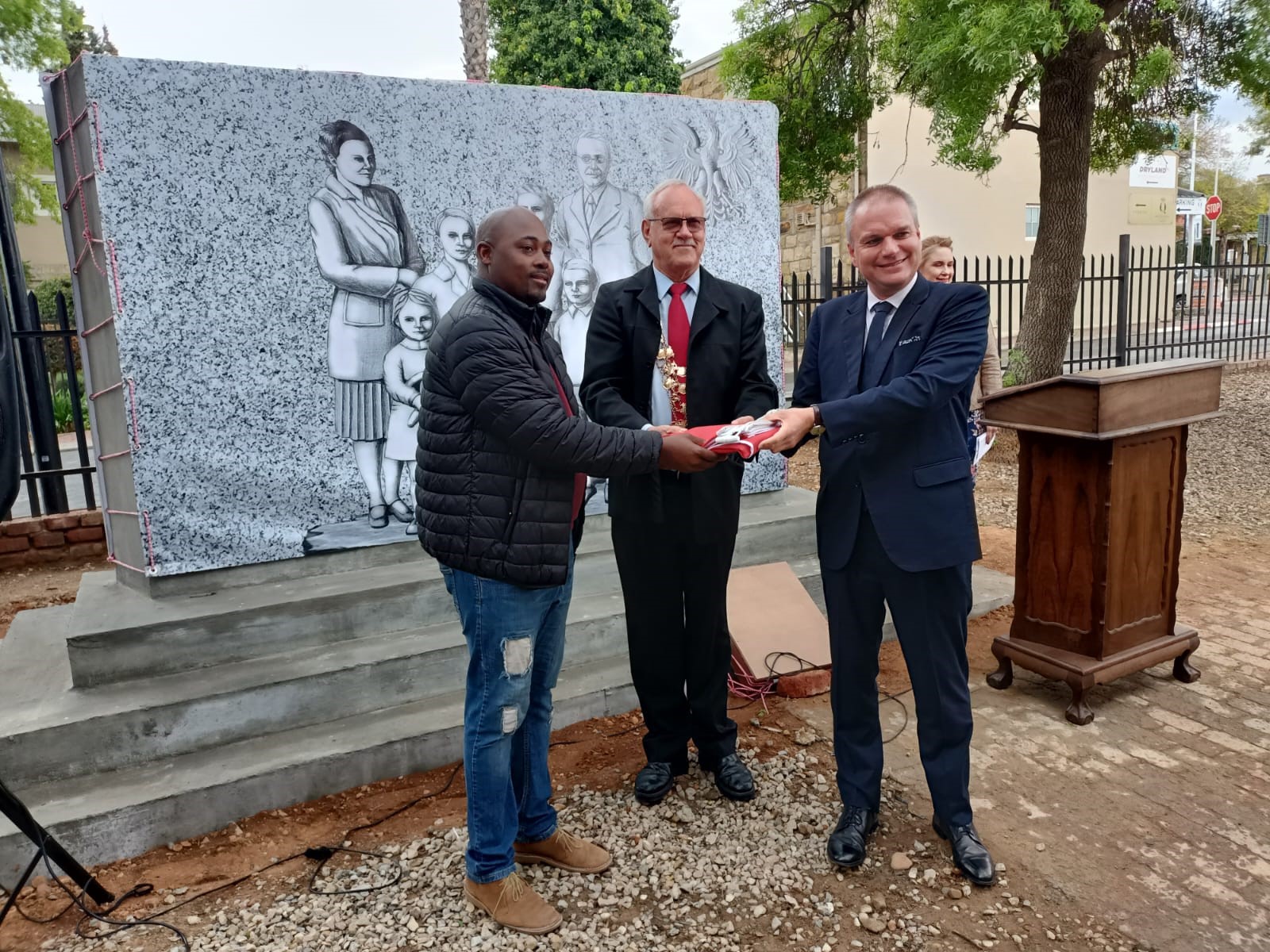 Display photo 16 in the gallery.
Display photo 16 in the gallery.
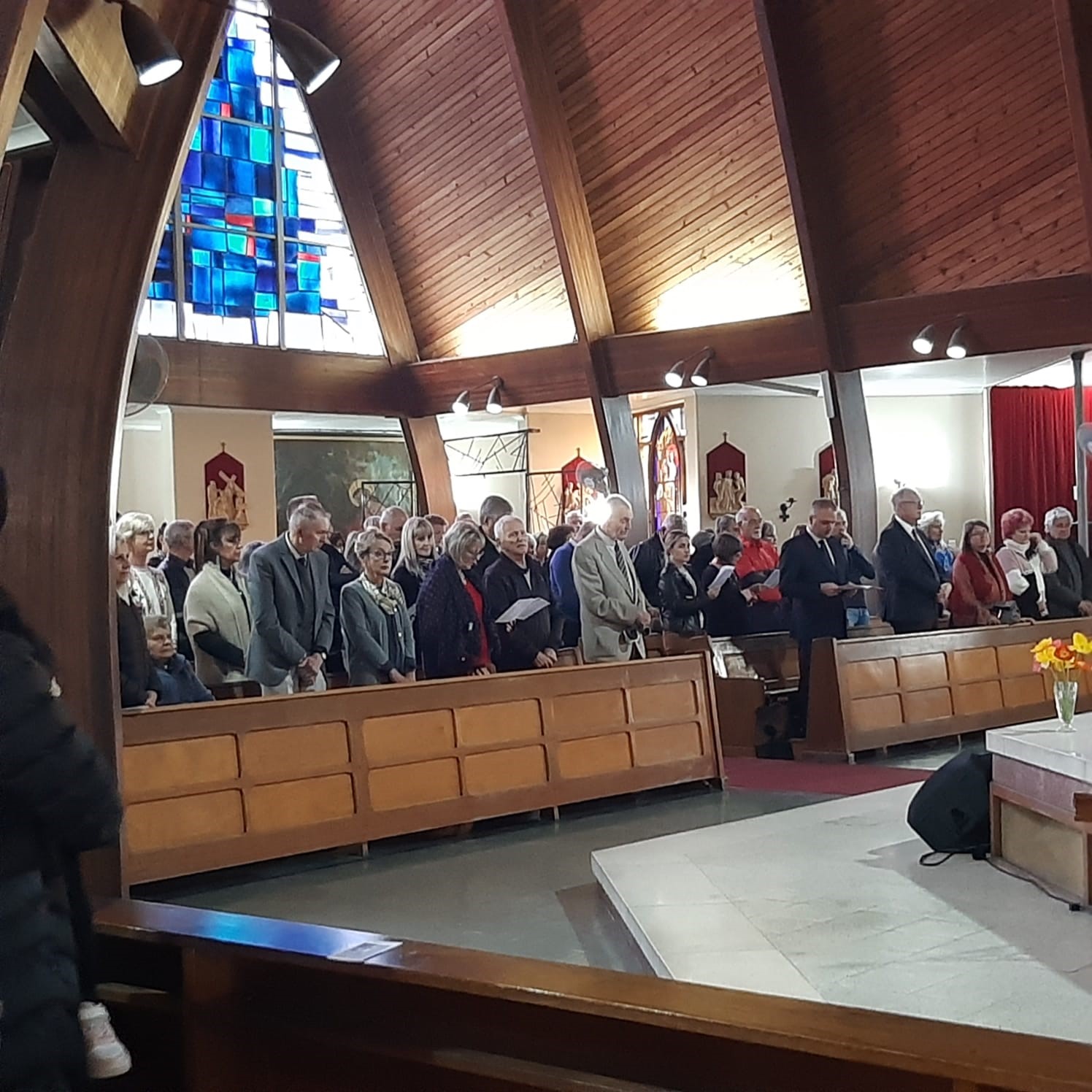 Display photo 17 in the gallery.
Display photo 17 in the gallery.
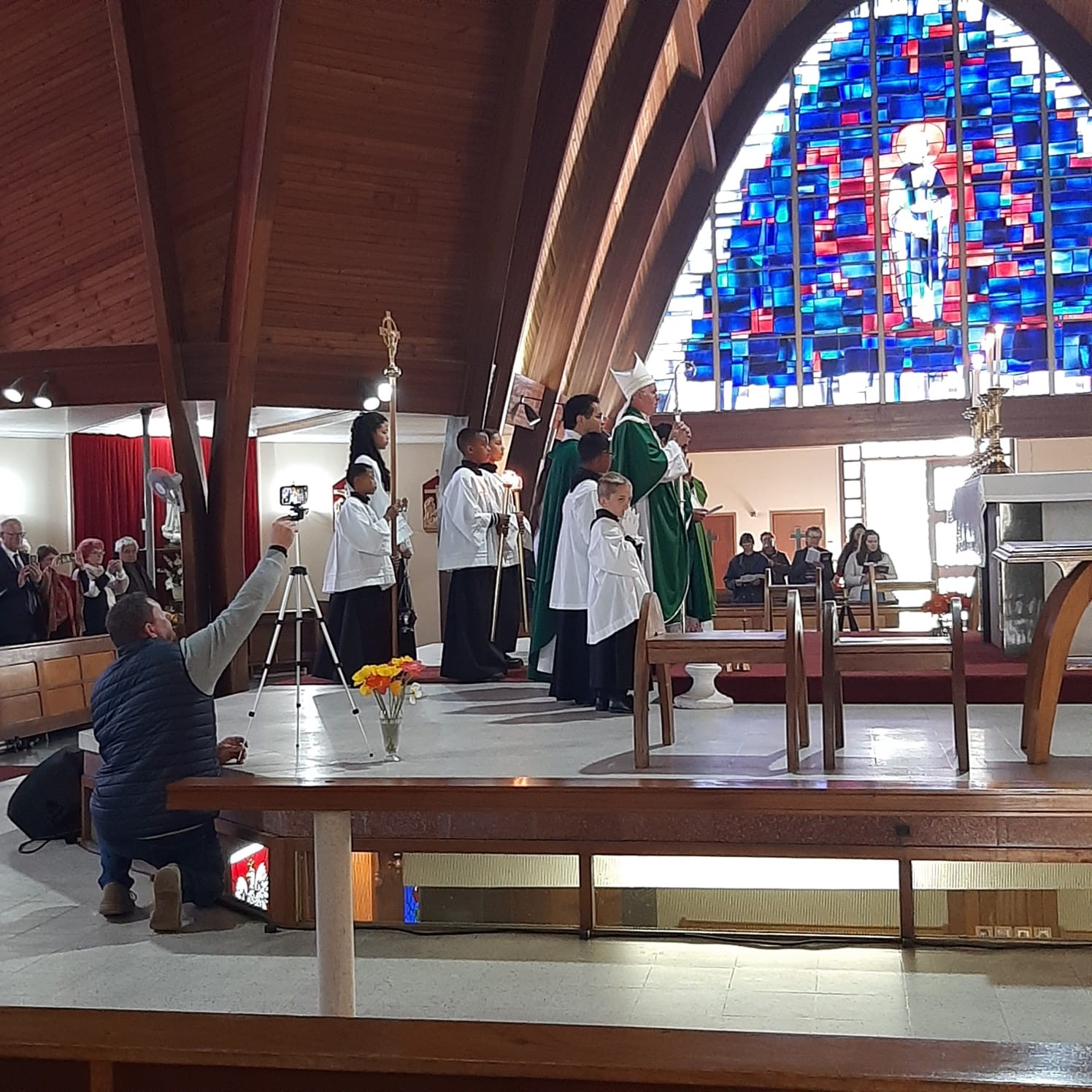 Display photo 18 in the gallery.
Display photo 18 in the gallery.
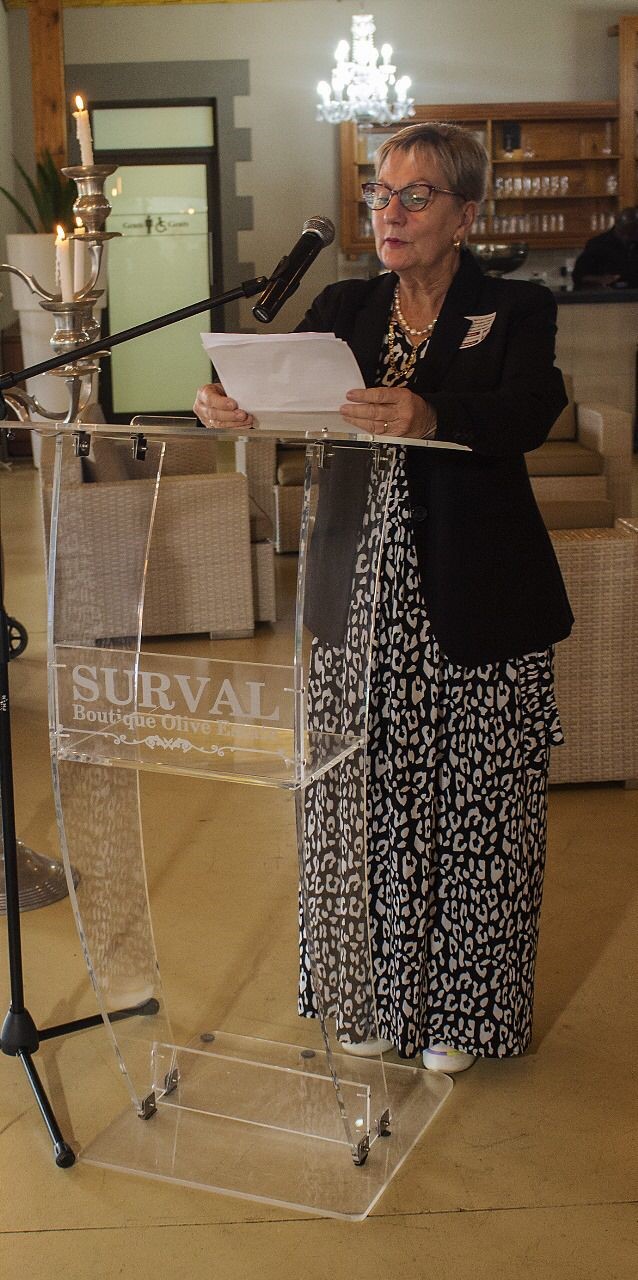 Display photo 19 in the gallery.
Display photo 19 in the gallery.
 Display photo 20 in the gallery.
Display photo 20 in the gallery.
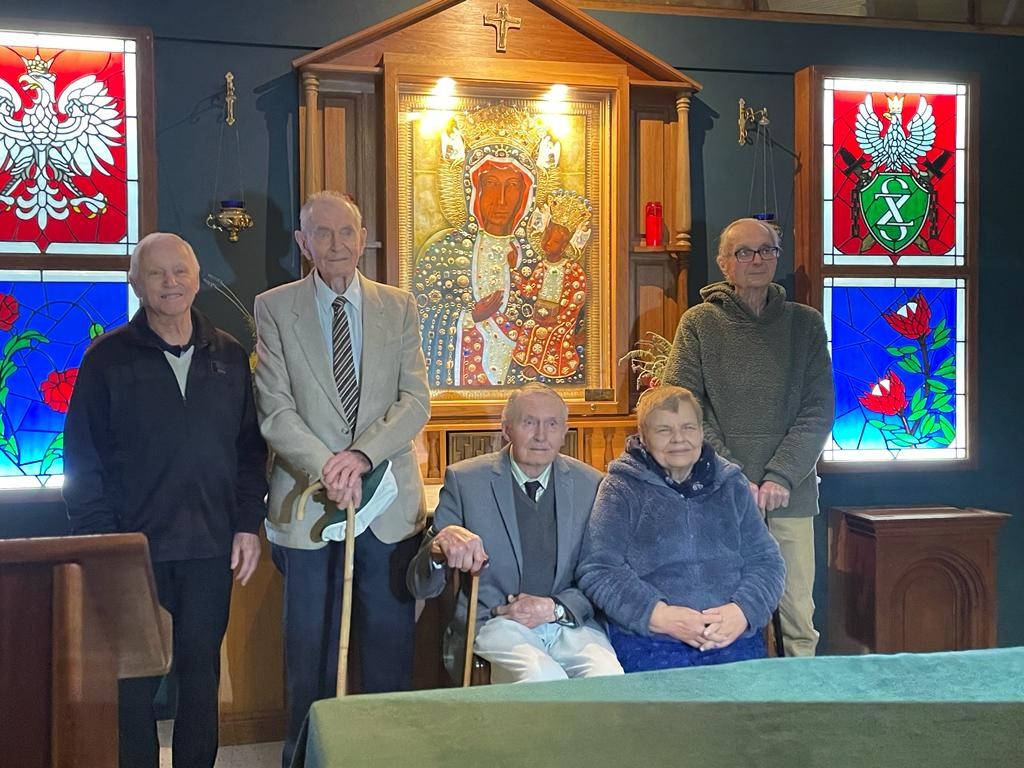 Display photo 21 in the gallery.
Display photo 21 in the gallery.
 Display photo 22 in the gallery.
Display photo 22 in the gallery.
 Display photo 23 in the gallery.
Display photo 23 in the gallery.
